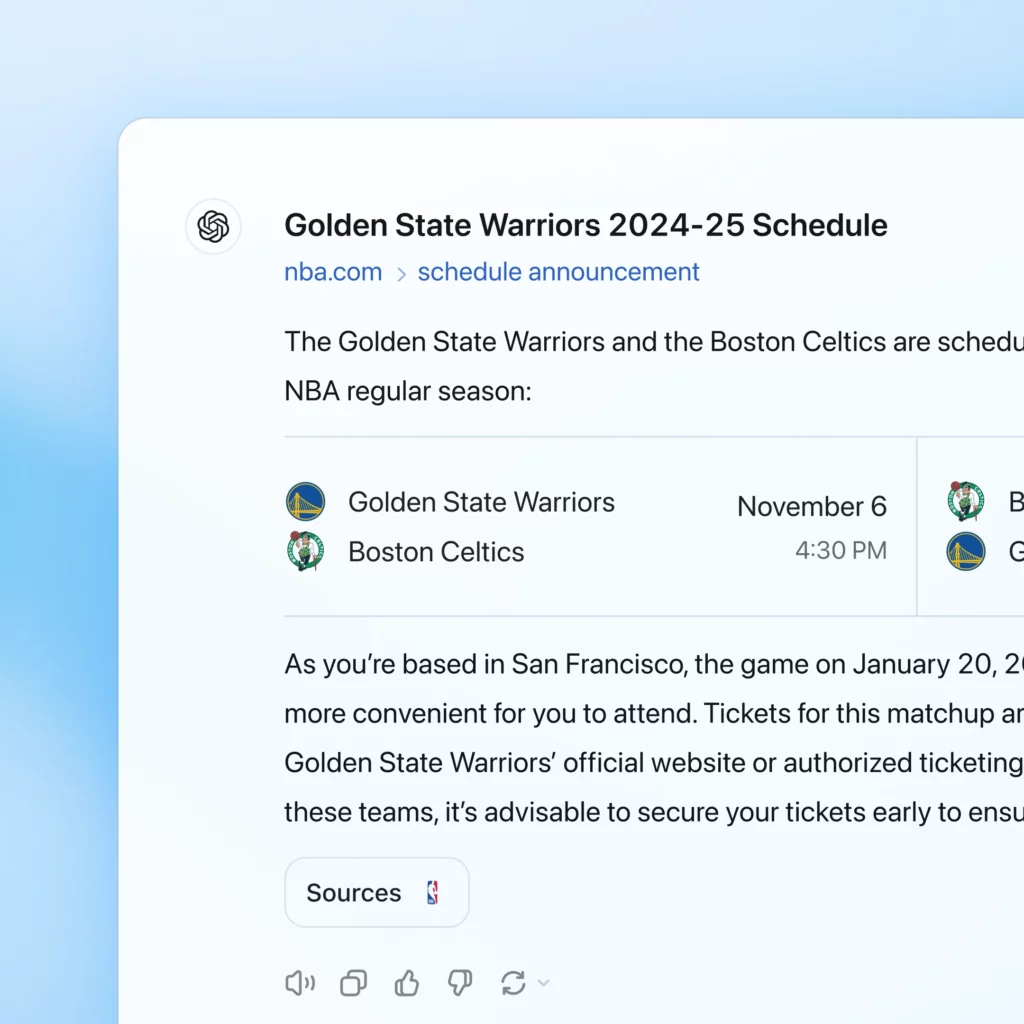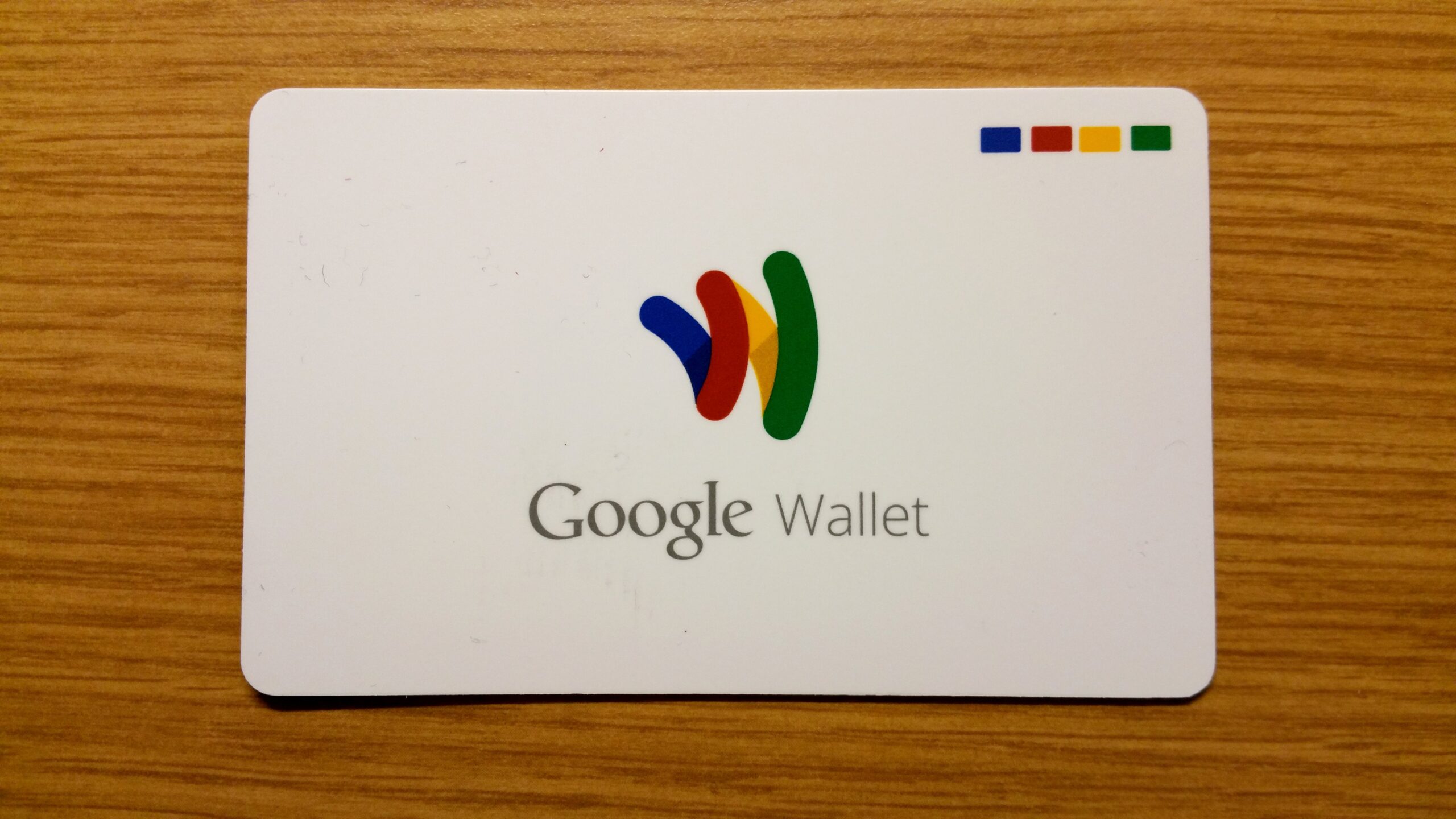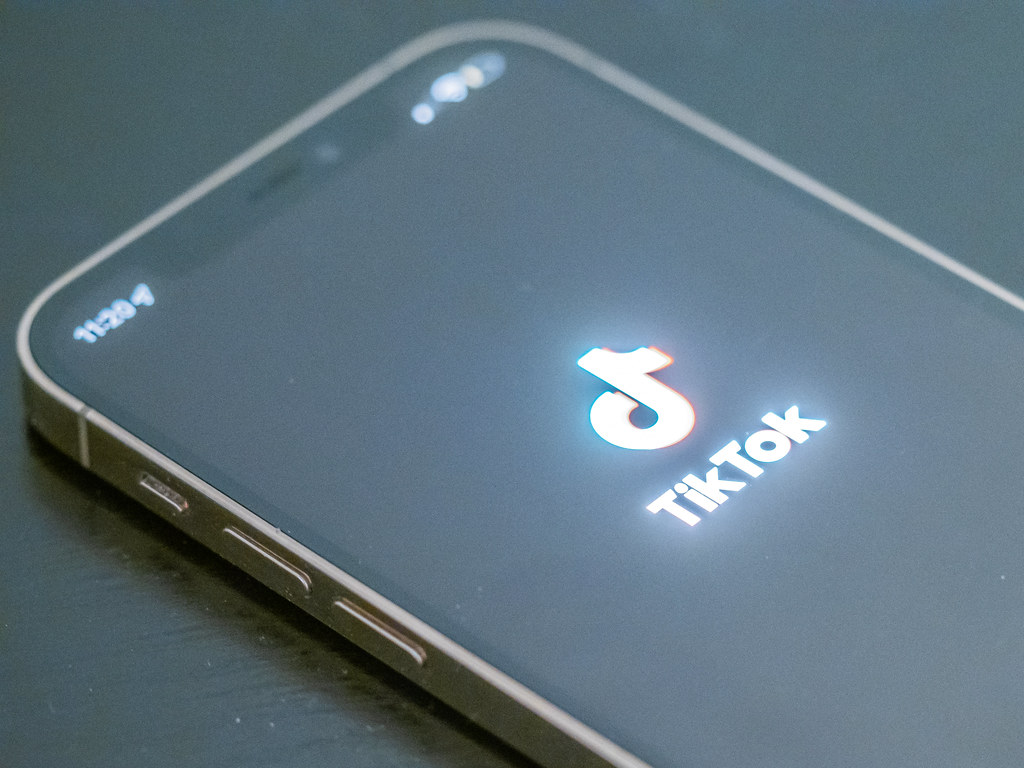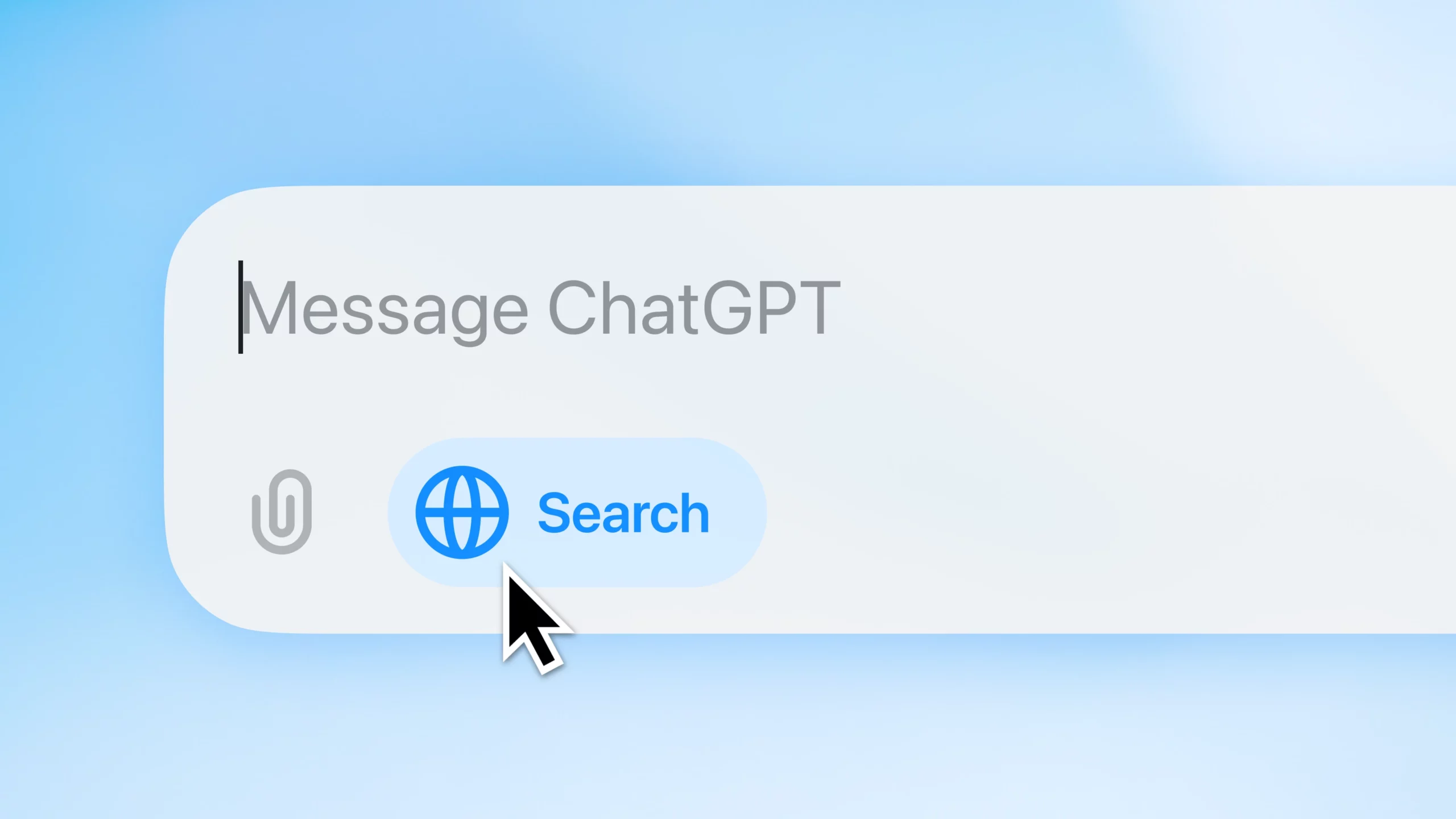OpenAI has officially launched ChatGPT Search, a feature that combines AI-powered chatbot responses with real-time web search capabilities. ChatGPT Search represents an upgrade from the SearchGPT prototype announced earlier this year, aiming to offer prompt and reliable answers using data sourced directly from the web.
ChatGPT Search uses a fine-tuned version of OpenAI’s GPT-4o model, which has been further optimized using proprietary synthetic data generation techniques. Unlike the slower o1-preview model it trained on, the refined GPT-4o version ensures efficient and reasoned responses.
OpenAI says it prioritized high-quality content and formed licensing partnerships with trusted data providers like AccuWeather and major news organizations, including AP and Reuters, to enhance the quality of its search outputs.
How ChatGPT Search Works
Users can access ChatGPT Search in both mobile and desktop versions of ChatGPT, with availability starting today for Plus and Team subscribers. Enterprise and educational users will gain access in the next few weeks, and the feature is expected to reach free users over time. Additionally, OpenAI has launched a browser extension that makes ChatGPT Search the default search engine in Chrome.
When using the feature, ChatGPT may automatically perform a web search based on your queries. If you’d prefer to activate the search manually, you can click a newly added web search icon. Once a search is conducted, responses will display a Sources button. Clicking it will reveal a sidebar with references and links to the data sources, providing transparency and opportunities for deeper research.



For example, a query about weekend events in San Francisco might compile information from local news sites, while follow-up queries about restaurants could yield curated dining suggestions.
Who Gets Access and When
OpenAI’s recent advancements are based on user feedback collected from its SearchGPT pilot, allowing the company to refine how the tool selects relevant content and adjusts the length of article summaries. Beyond informational queries, ChatGPT Search is also primed for everyday tasks like checking the weather, stock prices, sports results, and more.
Despite the innovation, some publishers have raised concerns about potential traffic loss, fearing that AI-generated summaries may reduce the need for users to visit original content sites. According to a study, such AI overviews could impact up to 25% of publisher traffic. OpenAI has responded by taking publisher feedback into account, particularly when determining which articles to reference, the appropriate length for summaries, and how to handle quotations effectively.
Looking ahead, OpenAI plans to expand ChatGPT Search functionalities. Enhancements could include specialized support for shopping and travel-related inquiries, deeper integration with its o1 reasoning models, and the eventual rollout of search capabilities within the Advanced Voice Mode feature.











